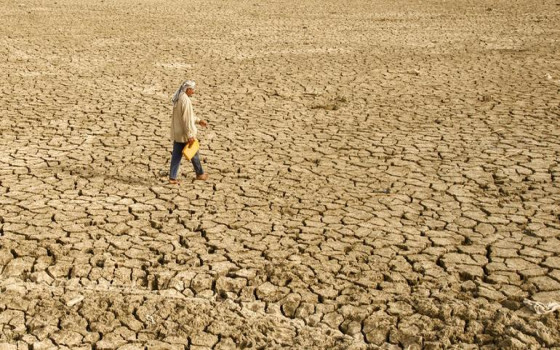
Under the leadership of the Emirates.. the Security Council is discussing the increasing threat of climate change to peace and security.. the repercussions have appeared in countries including Iraq, Somalia, South Sudan and Afghanistan

- Europe and Arabs
- Wednesday , 14 June 2023 13:48 PM GMT
Brussels-New York: Europe and the Arabs
The UN Security Council held a high-level session to discuss the relationship between climate change and threats to international peace and security. The session was chaired by Maryam bint Mohammed Saeed Hareb Al Muhairi, Minister of Climate Change and Environment in the United Arab Emirates, who holds the presidency of the Security Council this month. According to what was stated in the United Nations news bulletin, of which we received a copy this morning
Under-Secretary-General for Peacekeeping Operations, Jean-Pierre Lacroix, said that "about 3.5 billion people live in areas severely affected by the impacts of climate change," according to estimates by the Intergovernmental Panel on Climate Change.
The Security Council session examined how climate change affects the ability of United Nations peacekeeping and special political missions to deliver on their mandates, from basic access to and protection of vulnerable populations, to managing tensions and supporting and sustaining peace operations.
Lacroix said that over the past several years, most UN peace operations have faced a deteriorating security and political environment. Along with other transboundary challenges, environmental degradation and extreme weather events amplified by climate change pose an increasing challenge to the ability of missions to implement their mandates.
The UN official said that we already see a strong relationship between member states in fragile situations and those facing climate change.
He added, "Of the 16 countries most vulnerable to climate change, nine host UN field missions, namely the Central African Republic, the Democratic Republic of the Congo, Sudan, South Sudan, Afghanistan, Somalia, Mali, Haiti and Yemen."
He said it was also important to note that the majority of United Nations peace operations were deployed in contexts highly vulnerable to climate change and characterized by high levels of gender inequality.
Jean-Pierre Lacroix said that in a number of countries hosting peacekeeping missions, climate change is dwindling natural resources, affecting social cohesion and leading to conflict. Over the past few years, we have seen, for example, how changes in pastoral mobility due to changes in seasonal weather patterns exacerbate tension and conflict between pastoralists and farmers.
Climate change is placing increasing pressures on communities in Iraq
"Our missions are witnessing firsthand the twin vulnerabilities posed by climate change and insecurity," the UN official said.
He added that climate change in countries such as Mali, South Sudan and Somalia compounds the vulnerability of different societies, exacerbates vulnerabilities and contributes to displacement, hunger and grievances.
In Iraq, water scarcity, high temperatures and dust storms have put increasing pressure on relations between communities.
Three main priorities for action
Lacroix touched on a number of priority areas for work in United Nations field missions:
First, invest in the capacity of UN peace operations to anticipate and address the links between climate change and peace and security.
Second, promoting the mutual benefits of climate action and the work of the United Nations for peace and security.
Third, as the United Nations proactively mitigate climate change, it becomes increasingly imperative that we not be another cause of this phenomenon. “So we are working to reduce our environmental footprint, including through improved transitions to energy efficiency and greater reliance on renewable energy.”


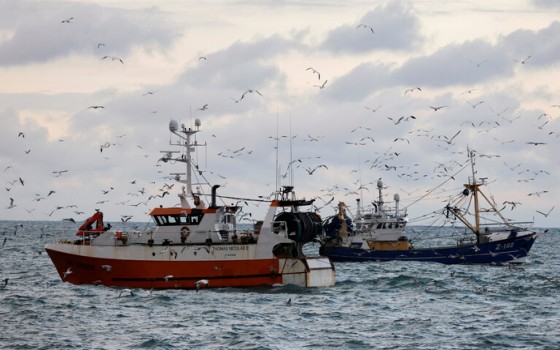

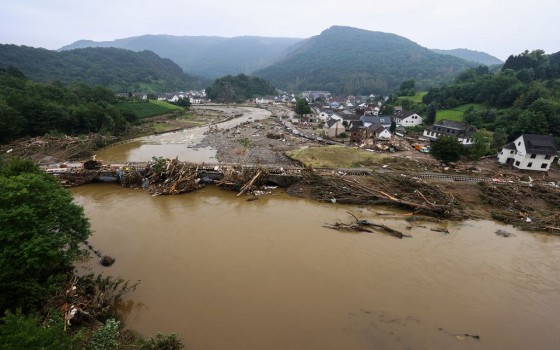
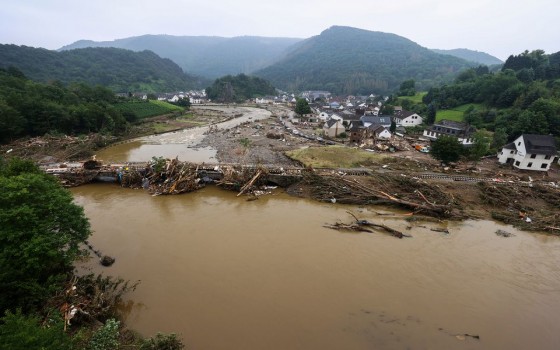


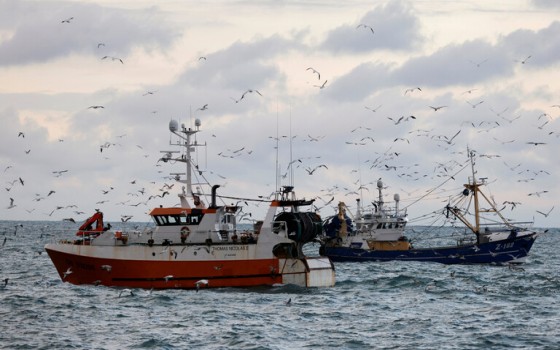



No Comments Found